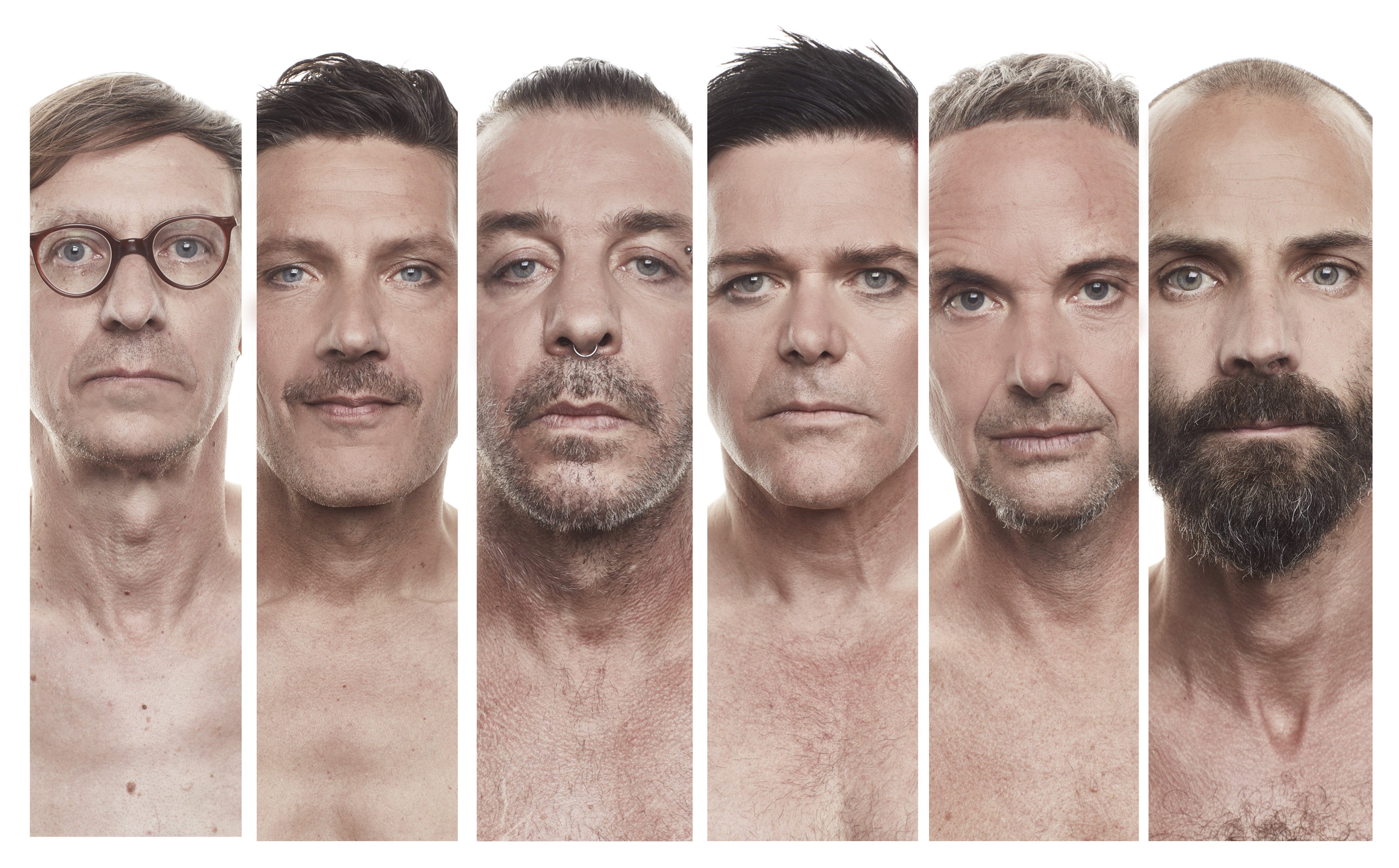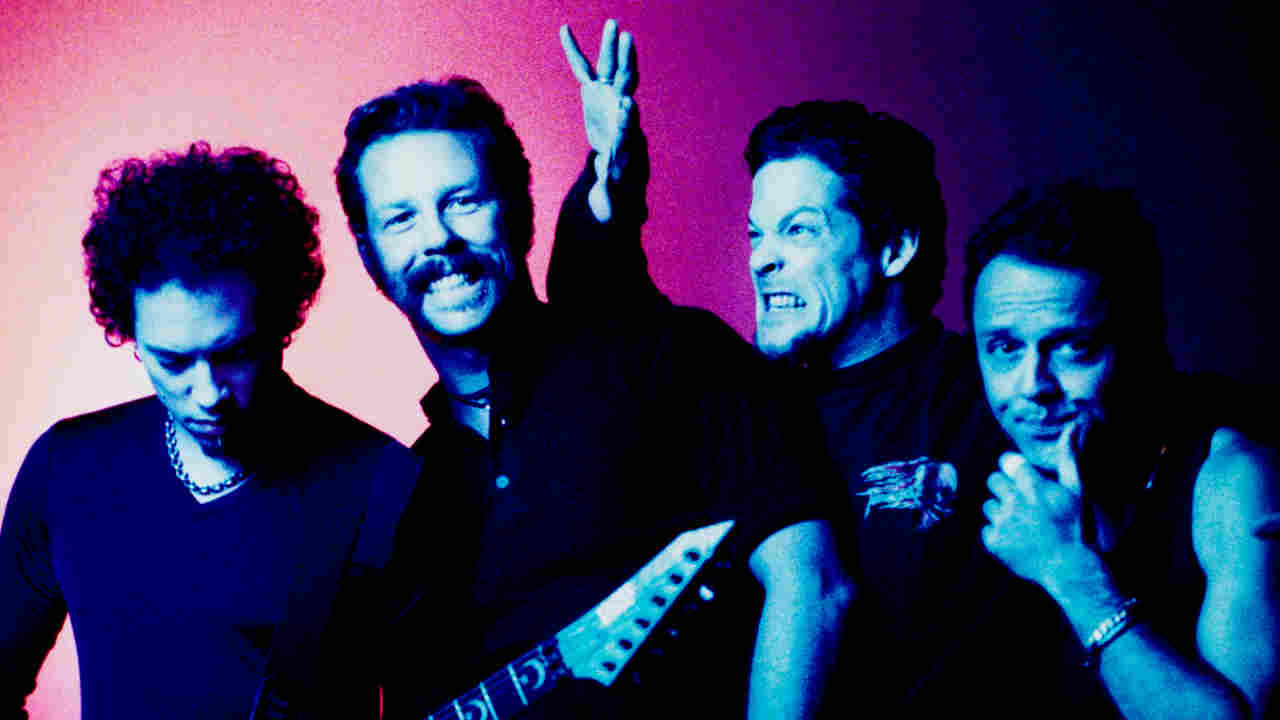The 10 best metal bands from Germany
Germany's love of all things metal is legendary. Here are the top 10 German metal bands that have kept heads banging over the years

Select the newsletters you’d like to receive. Then, add your email to sign up.
You are now subscribed
Your newsletter sign-up was successful
Want to add more newsletters?

Every Friday
Louder
Louder’s weekly newsletter is jam-packed with the team’s personal highlights from the last seven days, including features, breaking news, reviews and tons of juicy exclusives from the world of alternative music.

Every Friday
Classic Rock
The Classic Rock newsletter is an essential read for the discerning rock fan. Every week we bring you the news, reviews and the very best features and interviews from our extensive archive. Written by rock fans for rock fans.

Every Friday
Metal Hammer
For the last four decades Metal Hammer has been the world’s greatest metal magazine. Created by metalheads for metalheads, ‘Hammer takes you behind the scenes, closer to the action, and nearer to the bands that you love the most.

Every Friday
Prog
The Prog newsletter brings you the very best of Prog Magazine and our website, every Friday. We'll deliver you the very latest news from the Prog universe, informative features and archive material from Prog’s impressive vault.
A quick scan of German metal bands proves that if you want to go somewhere where heavy metal is embraced and adored with unequivocal passion, there is only one country on the shortlist.
Germany has been upholding true metal values for decades, as anyone that has visited Wacken Open Air will cheerfully confirm, and their contribution to the world of heavy music has been consistently huge and considerably more diverse than cynics might imagine.
For the uninitiated, here are the 10 greatest German metal bands of all time. Your head will bang.

Scorpions
The Godfathers of all things German and metal, the mighty Scorpions have been around for a staggering 50 years. Vastly influential, particularly on any metal musicians that grew up during the ‘80s, and still one of the most ludicrously entertaining live bands on the planet, the Hanover heroes ruled the world with albums like Blackout and Love At First Sting, but earlier works like Taken By Force and Virgin Killer are equally seminal. And yes, Winds Of Change is corny as hell but you’d still whistle along with it, wouldn’t you?
Accept
Guardians of the Teutonic kingdom of steel for over four decades, Accept are arguably the archetypal German heavy metal band. Aided by the peerless six-string skills of Wolf Hoffmann and the paint-stripping shriek of Udo Dirkschneider, they established their status as legends with albums like 1982’s Restless And Wild, its 1983 follow-up Balls To The Wall and the classic Metal Heart in 1985. Meanwhile, the current Accept line-up continue to pump out blistering storms of old school fire, flying the flag like men on a lifelong mission.
Rammstein
It’s hard to imagine anyone doing more to promote German heavy music around the world than these pyro-obsessed eccentrics. Although plainly affiliated with the industrial rock scene, Rammstein have always made massive, cudgelling metal riffs a central part of their sound and the sheer bombastic insanity of those flame-drenched live shows could hardly be more in keeping with metal’s over-the-top philosophy. Rammstein rule.
- The A-Z of Rammstein
- Scorpions: 50 Years and Counting
- The 10 best German punk bands, as chosen by Beatsteaks
- The 11 best Helloween songs, by Chris Jericho
Kreator
Germany’s answer to the burgeoning mid-80s thrash scene in the US came in the form of three snotty teenagers with heads full of rage and bellies full of cheap booze. Along with their brothers in Destruction and Sodom (see below), Kreator swiftly evolved into an unstoppable, high-velocity wrecking machine, resulting in inspirational explosions of venom like 1986’s Pleasure To Kill. Thirty years on, they’re still making killer records – 2012’s Phantom Antichrist was an absolute doozy – and delivering exhilarating live shows. Raise the flag of hate!
Sign up below to get the latest from Metal Hammer, plus exclusive special offers, direct to your inbox!
Helloween
Frequently mooted as Germany’s answer to Iron Maiden, Helloween became insanely popular in the late ‘80s with Keeper Of The Seven Keys Parts 1 and 2, albums that established a template for the entire power metal scene that would emerge from Europe a few years later. Huge sing-along choruses, breakneck riffing and an endearing sense of cartoon goofiness all collided to make the band one of their homeland’s most loved acts. And yes, they’re still out there making great music, pumpkins are still cool and I Want Out is still a tune of epic proportions.
Sodom
Although never as commercially successful as Kreator, Sodom were arguably the true instigators of Germany’s thrash scene, not to mention one of the most frequently cited influences on the Norwegian black metal hordes that set the world on fire in the ‘90s. From the grotesque, primitive racket of 1986’s Obsessed By Cruelty through to the razor-sharp heavy metal thunder of brand new album Decision Day, Tom Angelripper’s six-legged wrecking crew are thrash to the bone.
Destruction
Alongside Sodom and Kreator, Destruction completed Germany’s unholy triumvirate of thrash marauders, emerging in 1985 with the untamed violence of 1985’s Infernal Overkill and then spending the next 30 years ripping people’s faces off for fun. Frontman Schmier is both thrash icon and elder statesman of German metal, perennially espousing an ethos of hard work, determination and precise musical violence. Meanwhile, his band continue to make most bands half their age sound a bit feeble.
- The top 10 metal bands from Brazil
- The top 10 metal bands from Iceland
- The top 10 metal bands from Norway
- The top 10 metal bands from Finland
Necrophagist
Considering that they only released two albums before apparently disappearing off on some nebulous hiatus, Necrophagist have had an absolutely vast impact on the extreme metal world. Led by virtuoso guitarist Muhammed Suiçmez, these masters of technical dexterity pushed death metal into uncharted territory with their 2004 masterpiece Epitaph, a tour-de-force of mind-blowing intricacy and blurred-finger frenetics. Virtually every tech or prog-metal band that has formed in the album’s wake owe these demented sonic scientists a round of drinks.
The Ocean
There is obviously no shortage of so-called post-metal bands that owe a limb or two to Neurosis, but very few of them have evolved with the same degree of creative zeal that has driven The Ocean from the start. From the twisted, dark, cinematic hardcore of their earliest works through to the fervently progressive explorations of 2013’s Pelagial, these devotedly experimental Berliners have constructed their own musical world and it’s a remorselessly fascinating one.
Heaven Shall Burn
Germany took its time to embrace the post-millennial metalcore code, and in some ways it’s a shame they bothered, but Heaven Shall Burn were way ahead of the game. Formed in 1996, their shrewd hybrid of ferocious melodic death metal and ‘core-friendly breakdowns have made them a major success in Europe and beyond. Admittedly, had they been American they would probably have been much more prominent on the global stage, but the quality of albums like 2010’s Veto is unquestionable. Unsung heroes, but heroes nonetheless.
While you’re here, why not take advantage of our brilliant new subscribers’ offer? Get a digital pay monthly subscription for as little as £1.78 per month and enjoy the world’s best high voltage music journalism delivered direct to your device.

Dom Lawson began his inauspicious career as a music journalist in 1999. He wrote for Kerrang! for seven years, before moving to Metal Hammer and Prog Magazine in 2007. His primary interests are heavy metal, progressive rock, coffee, snooker and despair. He is politically homeless and has an excellent beard.
